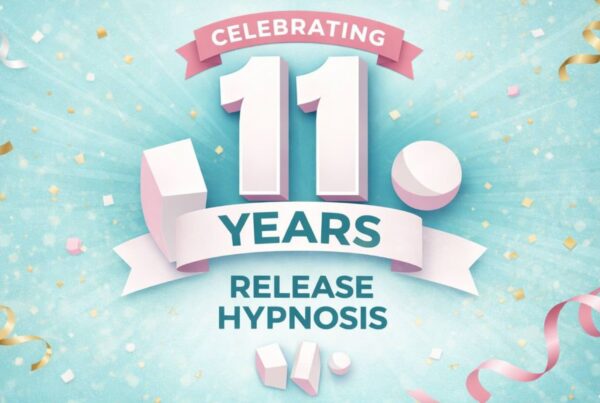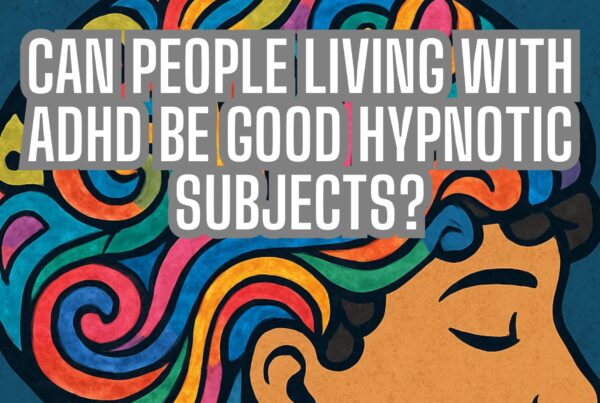Explainer: what are false memories?
Christopher French, Goldsmiths, University of London
Recent media reports have raised questions over the therapy undergone by several people making allegations of historical sexual abuse against prominent public figures. In particular, it has been suggested that certain forms of therapy run a high risk of unintentionally generating false memories of sexual abuse. (False memories are memories for events that are either grossly distorted or never took place at all.) But why are there such fears around these kind of therapies?
Techniques to recover allegedly repressed memories can include hypnotic regression, guided imagery, and dream interpretation, and are based on certain notions of how memory works. The therapists involved typically believe that memories for traumatic experiences are automatically banished to the unconscious mind as a defence mechanism. They also believe that, although such memories can no longer be consciously accessed, they still exert a damaging influence, resulting in a wide range of common psychological problems including anxiety, depression, eating disorders and low self-esteem.
It is maintained that the only way to deal with these psychological problems is to recover the repressed memories and “work through them” guided by a skilled psychotherapist. Such beliefs and practices are still commonly used both in the US and the UK. In fact, there is no credible evidence for the operation of this psychoanalytic notion of repression and very strong evidence that the conditions under which therapy takes place are indeed ideal conditions for the generation of false memories.
Forgetting trauma is rare
Evidence shows that, in general, traumatic experiences are much more likely to be remembered than forgotten There are some exceptions to this generalisation. For example, memories for any experiences that occur during the first few years of life are very unlikely to be consciously accessible in adulthood. This is due to the phenomenon of infantile or childhood amnesia. The infant brain is simply not physically mature enough to lay down detailed autobiographical memories at that stage of life. Similarly, physical trauma to the brain in adulthood, as a result of an accident or being attacked, may prevent the consolidation of memories of the trauma.
Even memories for other types of traumatic experience suffered later in life may be distorted and incomplete. Memory does not work like a video camera, faithfully recording every detail of an experience. Instead, memory is a reconstructive process. Every time we recall an event, our memory will be based upon some more or less accurate memory traces but the mind will often automatically fill in any gaps without us being aware of it. In general, we remember the gist but not the details.
But, under certain circumstances, we can develop entirely false memories for events that never took place. This remarkable counter-intuitive finding has been demonstrated in hundreds of well controlled scientific studies using a wide variety of methods. For example, volunteers might be repeatedly interviewed regarding events which their parents have confirmed they experienced during their early years. Without the volunteers’ knowledge, however, one additional event will be included which their parents have confirmed they never experienced, such as getting lost in a shopping mall at the age of five. In pioneering research using this technique, American psychologist Elizabeth Loftus found that around a quarter of volunteers developed partial or detailed false memories of this sort.
In another piece of research, volunteers were asked whether a number of fairly common childhood events, such as breaking a bone, ever happened to them personally. In an apparently unrelated study, they were then asked to imagine some of the events they initially said had never happened to them. Later, they were again asked about the events on the original list. This time, they were more likely to report that the events they imagined happened really did happen.

www.shutterstock.com
In some cases, the results of such studies can be quite startling. For example, a recent study by Julia Shaw and Stephen Porter found that 70% of their participants developed false memories for having committed a serious crime – such as assault with a weapon – involving police contact during their teenage years.
Conditions for creating false memories
Our understanding of false memories is advanced enough that we can specify fairly precisely the best conditions under which they will be generated. It turns out that these conditions correspond exactly to the conditions found in many psychotherapeutic contexts. As long ago as 1994, Stephen Lindsay and Don Read summarised the dangers of “memory work” in psychotherapy in the light of what we know about memory distortion from experimental work. They wrote of four criteria:
Extreme forms of memory work in psychotherapy combine virtually all of the factors that have been shown to increase the likelihood of illusory memories or beliefs: (a) a trusted authority communicates a rationale for the plausibility of hidden memories of long-ago childhood trauma (that many clients have hidden memories, that the client’s psychological symptoms, physical symptoms, and dreams evidence them, and that doubt is a sign of ‘denial’) and (b) a trusted authority provides motivation for attempting to recover such memories (that healing is contingent on retrieving hidden memories).
They continued:
(c ) The client is repeatedly exposed to suggestive information from multiple sources (anecdotes in popular books, other survivor’s stories, comments and interpretations offered by the therapist, etc), providing a ‘script’ for recovering memories as well as suggestions about particular details; and (d) techniques such as hypnosis and guided imagery enhance imagery and lower response criterion such that people are more willing to interpret thoughts, feelings, and images as memories.
But despite widespread acceptance of such risks, these dubious forms of therapy are still employed by many psychotherapists.
Correction: This article was updated on October 28, 2015. The original article stated: “Techniques to recover false memories – memories for events that are either grossly distorted or never took place at all – can include hypnotic regression, guided imagery, and dream interpretation, and are based on certain notions of how memory works.” The article should have stated: “Techniques to recover allegedly repressed memories can include hypnotic regression, guided imagery, and dream interpretation, and are based on certain notions of how memory works.”
![]()
Christopher French, Professor of Psychology, Goldsmiths, University of London
This article was originally published on The Conversation. Read the original article.








